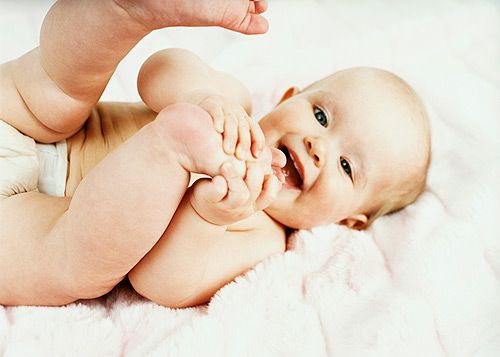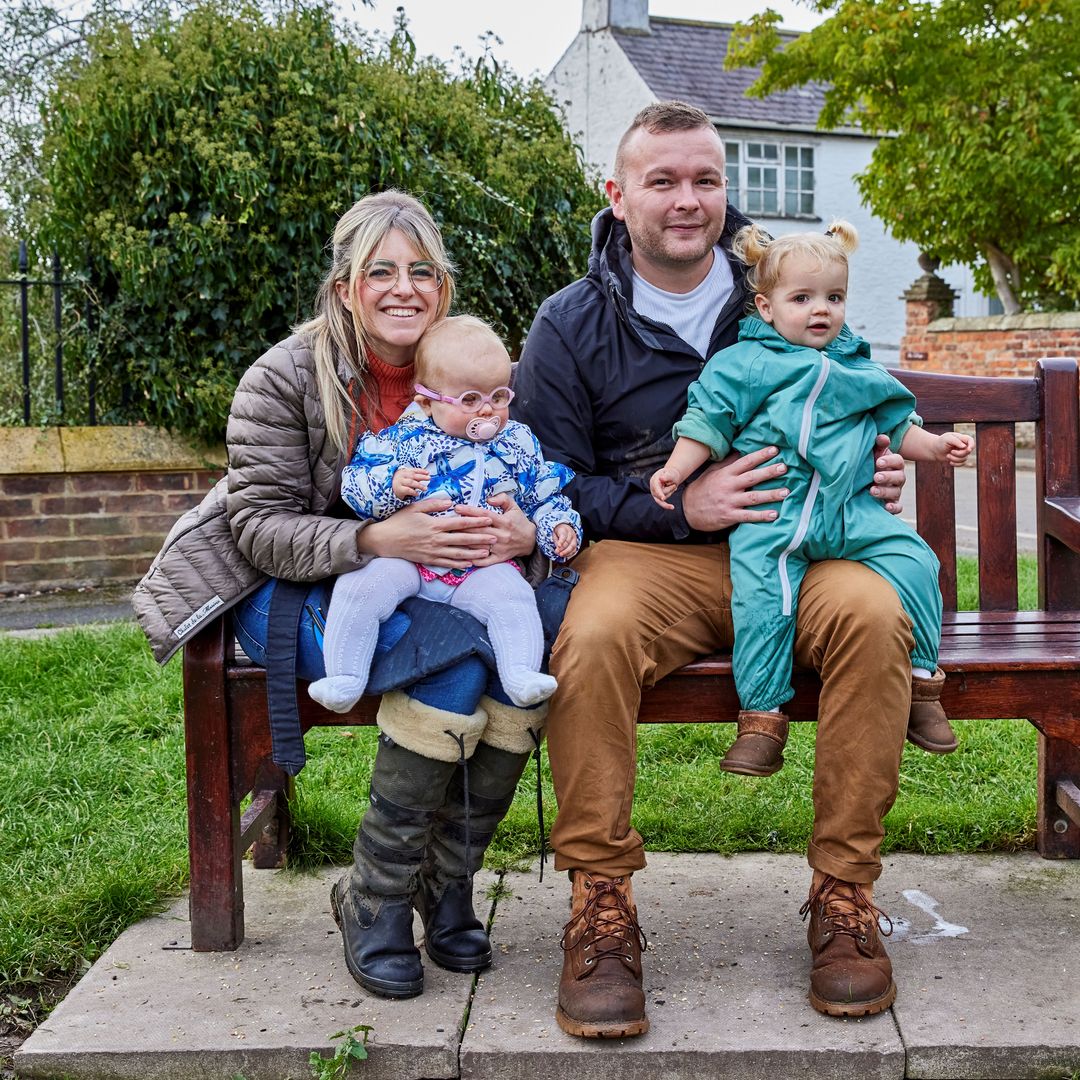Nappy rash – that reddening of baby's delicate skin around the bottom, thighs and tummy – is the first sign that your little one could be suffering from discomfort and irritation from wearing nappies. It's usually a result of a number of factors including excess moisture, friction or contact with urine and faeces, and is a frequent problem that is likely to recur at least until baby is potty-trained. Check out our tips to help prevent this type of irritation and keep your baby comfy:
- Make sure you change the little one's nappies frequently to prevent the build up of moisture or bacteria that can affect the PH of baby's skin.
- Keep the nappy area clean, if possible using a natural sponge and gentle, baby-friendly gel.
- Pat dry rather than rubbing, paying particular attention to where the skin folds. This is essential to keep the little one's skin healthy and help him feel comfy during this stage of growth.
- It's a good idea to use a cream with active natural ingredients, such as sweet almond oil or shea butter, which provides a protective layer for the skin and guards against moisture and associated irritations.
- Bear in mind that any changes in diet may have a knock-on effect, especially during the introduction of solids. (Breastfeeding reduces the amount of urine and makes it less alkaline.)
- A change in skin care products can also cause problems, or baby's skin may be sensitive to specific creams or powders, which will only make the rash worse.
- Summer is one of the times when there is a greater tendency to rashes and skin irritations because of the heat. If possible, it's a good idea to leave the nappy off completely for a time every day, as exposure to the air helps to strengthen the skin.
- Be careful not to make the nappy too tight as this is yet another potential irritant.
Remember that if there is no improvement in the rash after three or four days, you should consult your paediatrician, who will prescribe a specific treatment if appropriate.









